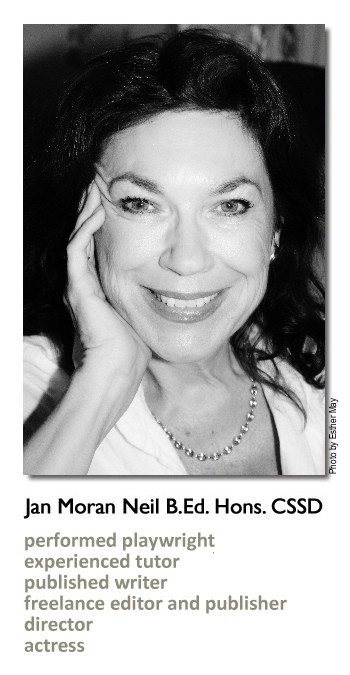‘Back on the Beat …’ by Ms Paige Turner.
This is a bit late as I have been wining and dining myself in good old, beautiful Cape Town and apart from a singular, one-to-one consultation, for the first time, I didn’t do a scrap pf work but I was broadcasting my poetry, during my trip, on Radio Berkshire. Here:
The show is BBC Radio Berkshire (And it’s across quite a few counties)
on 95.4 FM, 104.1 FM, on Digital, BBC Sounds and here:
https://www.bbc.co.uk/programmes/p0805r6w
You can get the catch-up on this link, I believe. It’s a BBC upload for ‘creatives’. I think this is the new buzzword and presented by the lovely (from what I can tell of his profile picture) Leo Ulph. When I managed to upload the links to Instagram and Facebook, I saw that the first ‘like’ was from my niece who I was seeing for wine and dinner that evening at the Cape Town Waterfront. (South Africa is two hours ahead.) I wondered if she thought I was flying home to a Radio Berkshire studio. She said ‘no’ but thought I was recording from my hotel room (which I have done in the past). Amazing – I just uploaded from my Amazon audio of my collection ‘Red Lipstick & Revelations’ and I’m on the airways from 6000 miles. Check it out. And Leo promises to broadcast more of my stuff.
My ‘Poetry with a Pen and a Passion’ workshop has been moved to Beaconsfield on Saturday 2nd March and it’s definitely running with a couple of places left – so please rush to sign up.
Here’s the link to my Amazon Audio of my poetry collection which I am always plugging but my second novel recording is coming up fast when I get around to uploading it.
The audible narrated by myself is available here for £5.59. Red Lipstick and Revelations>

